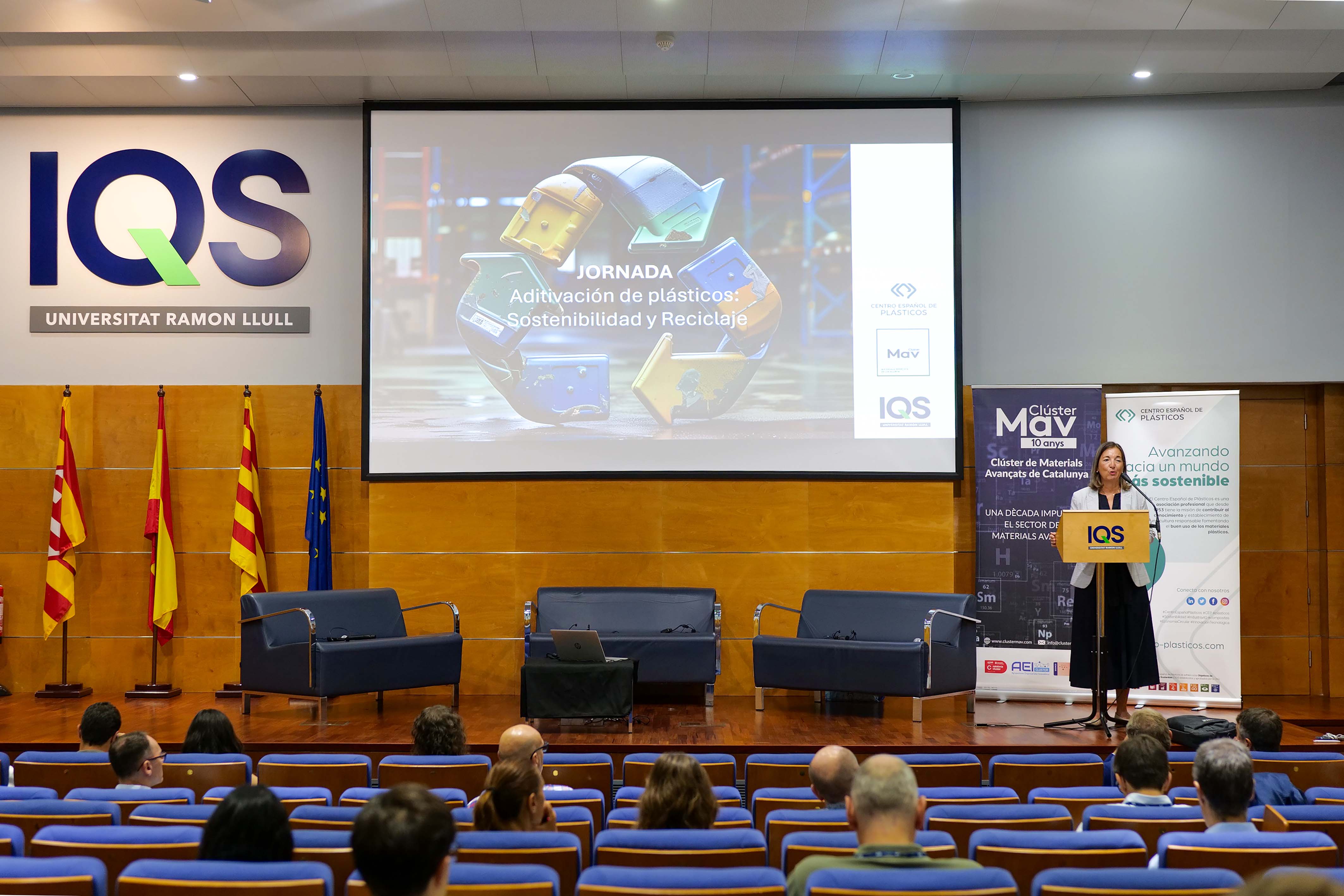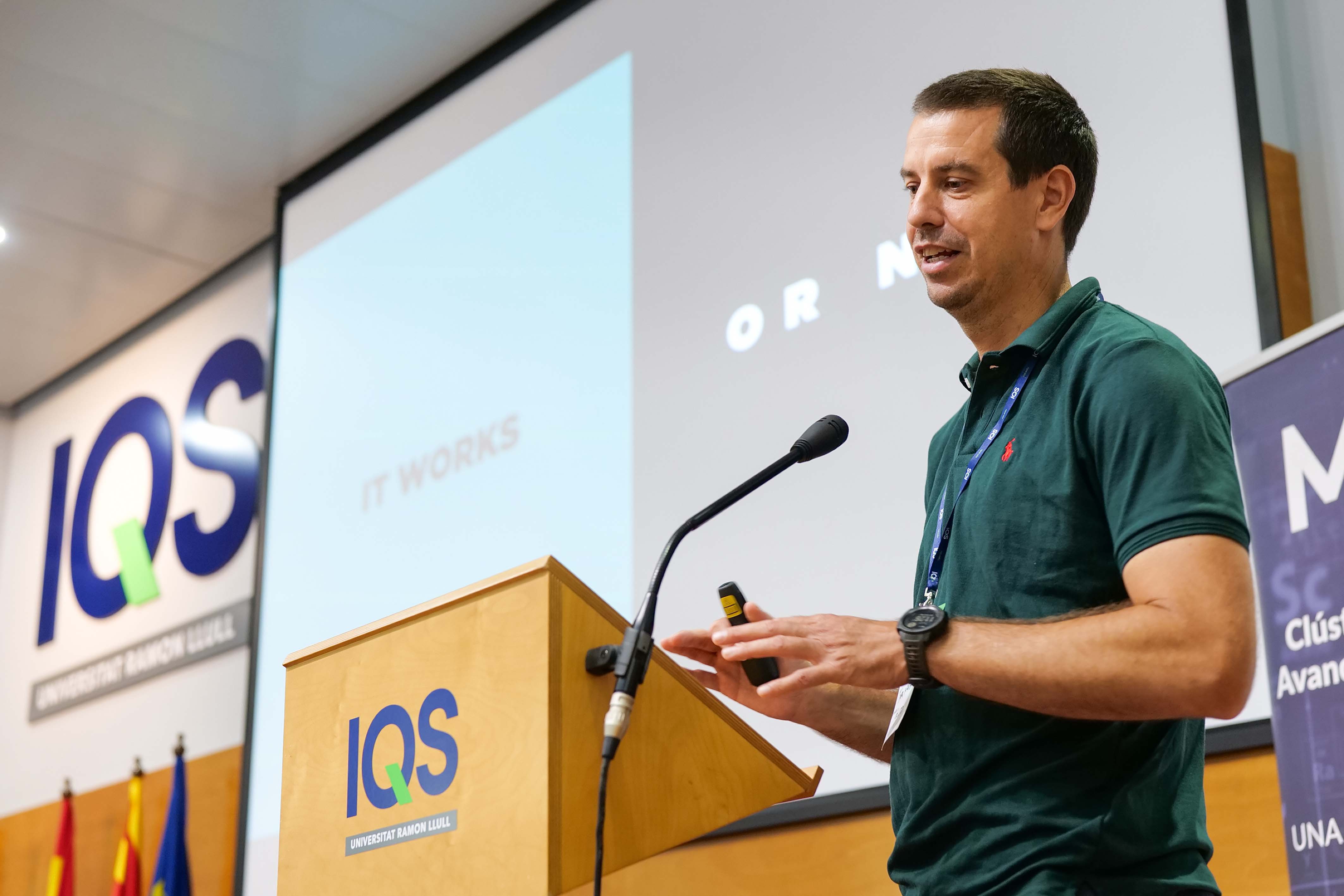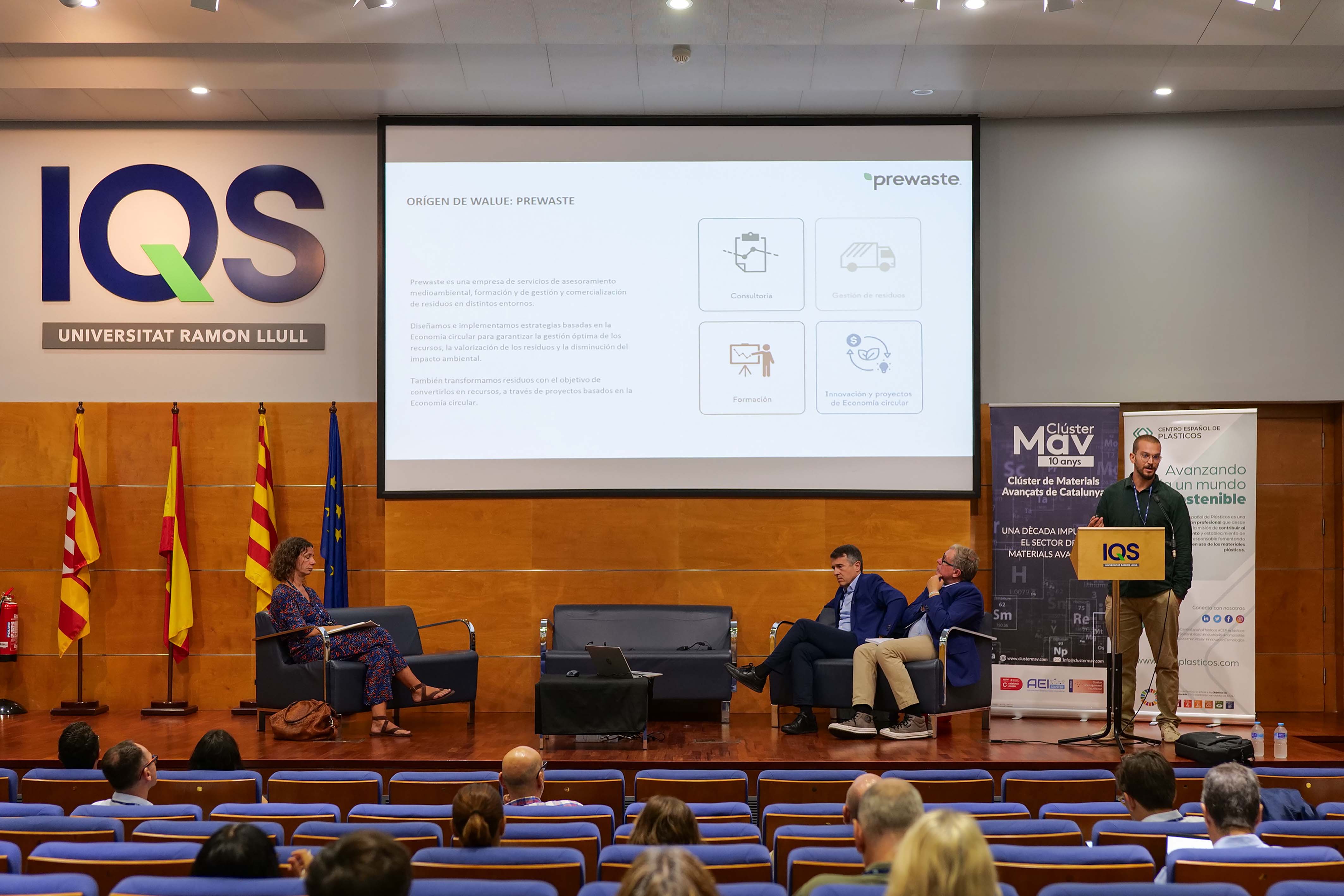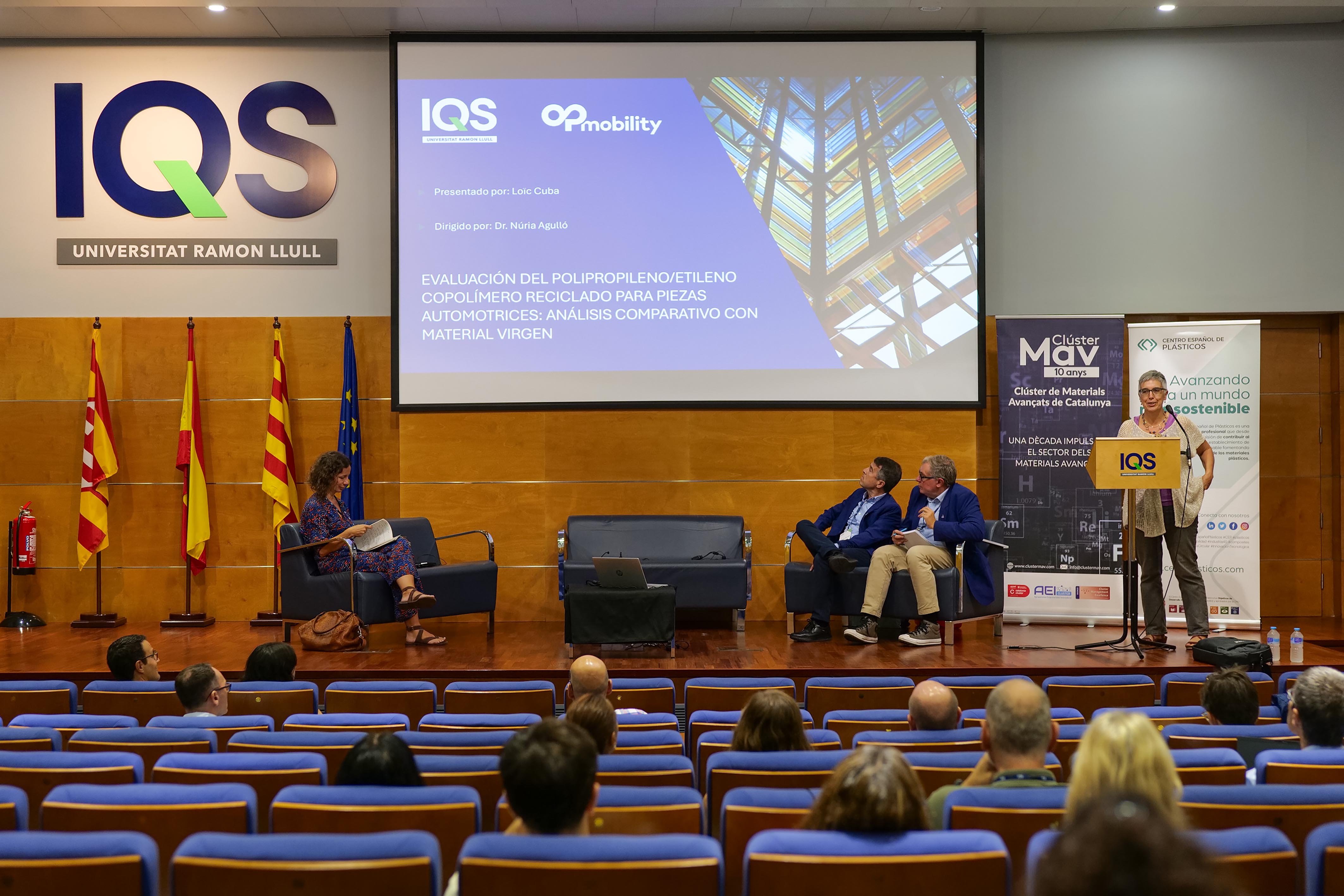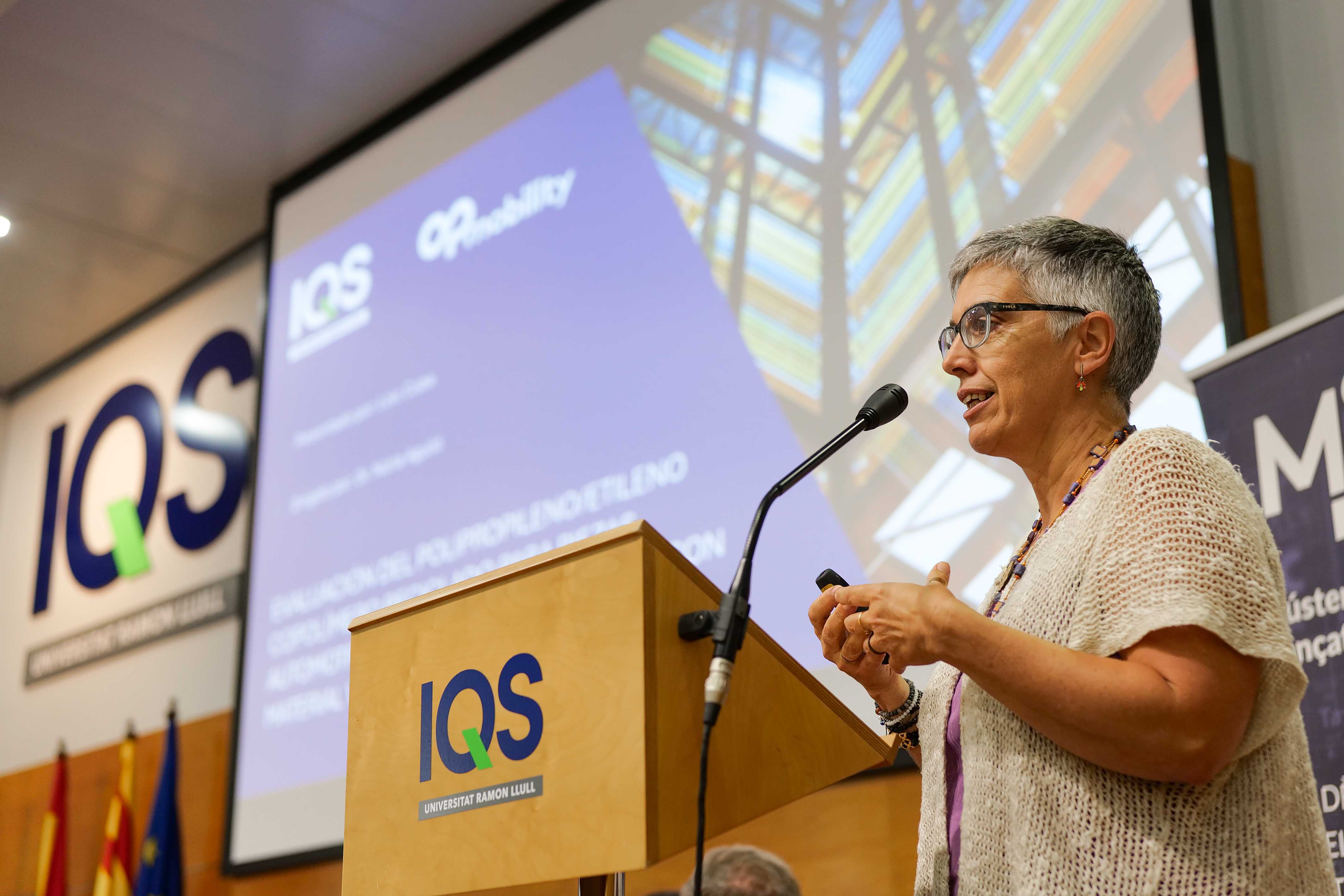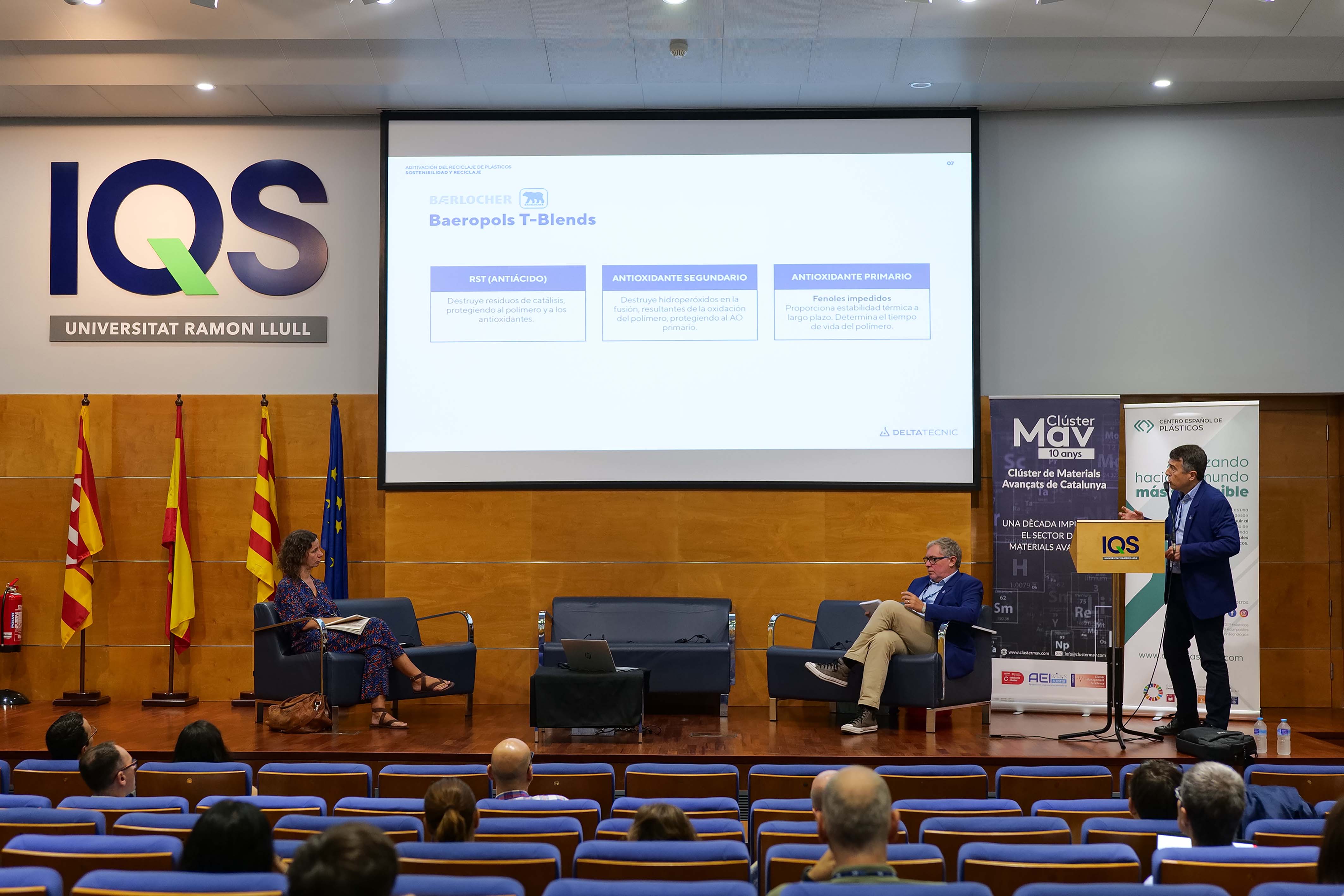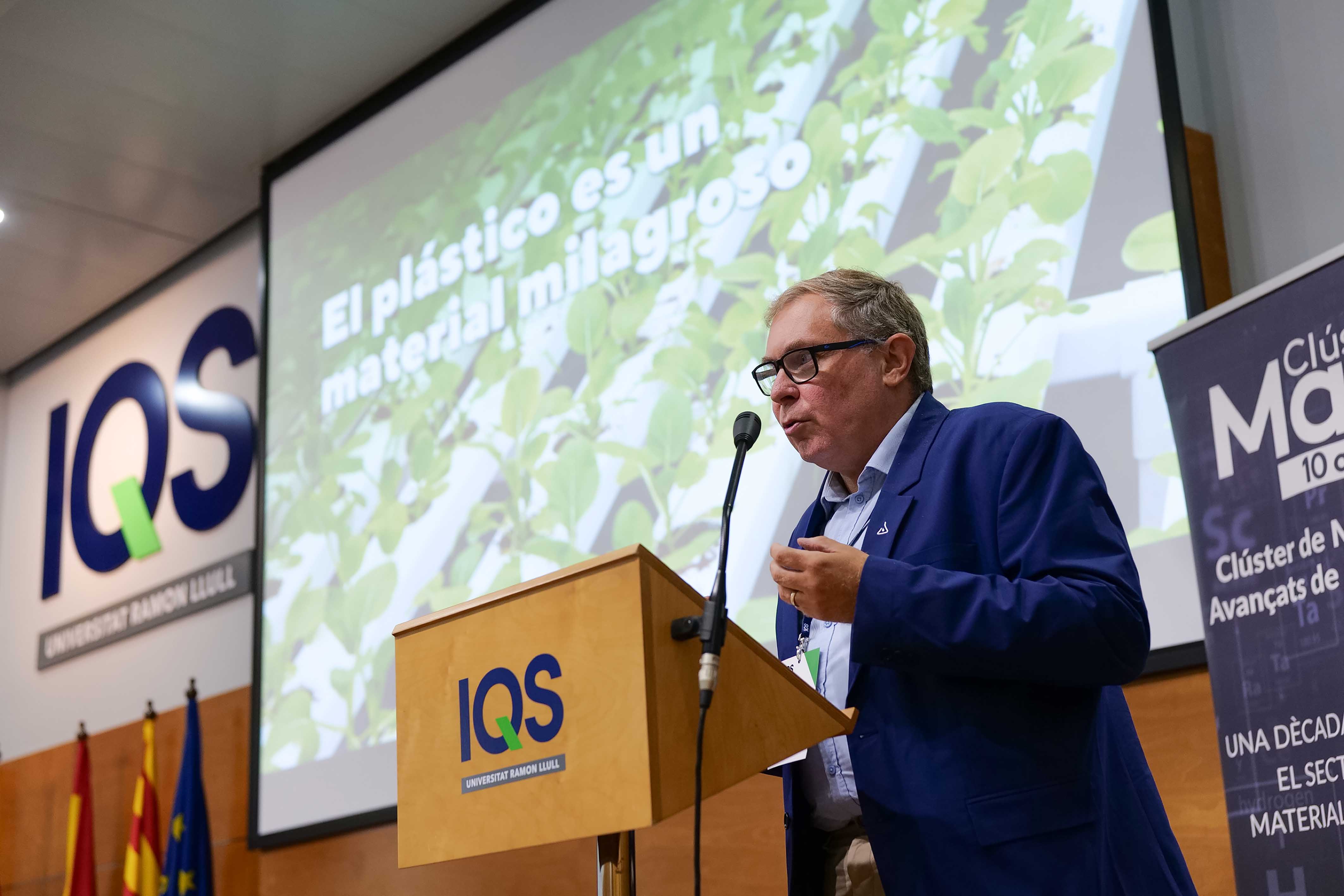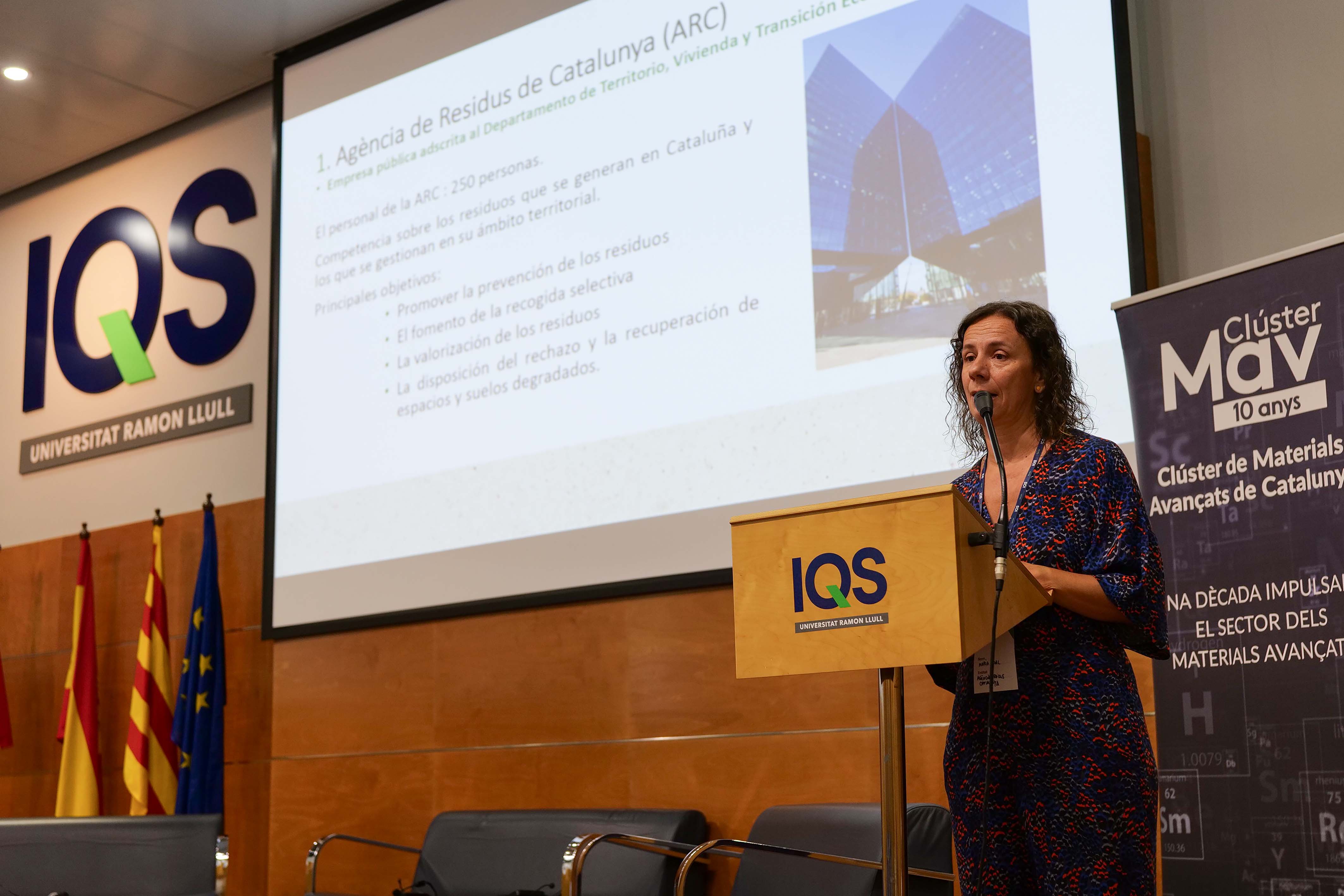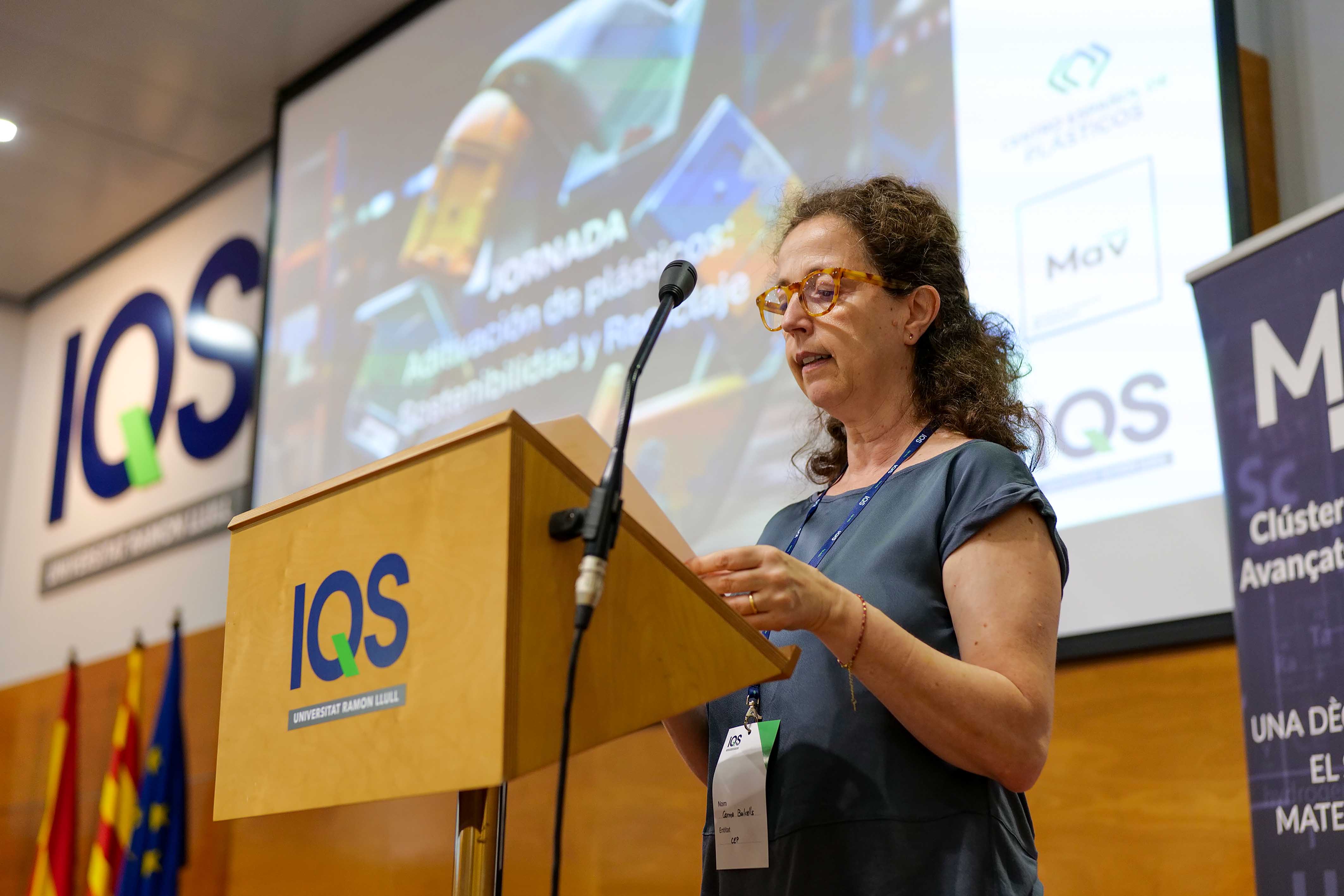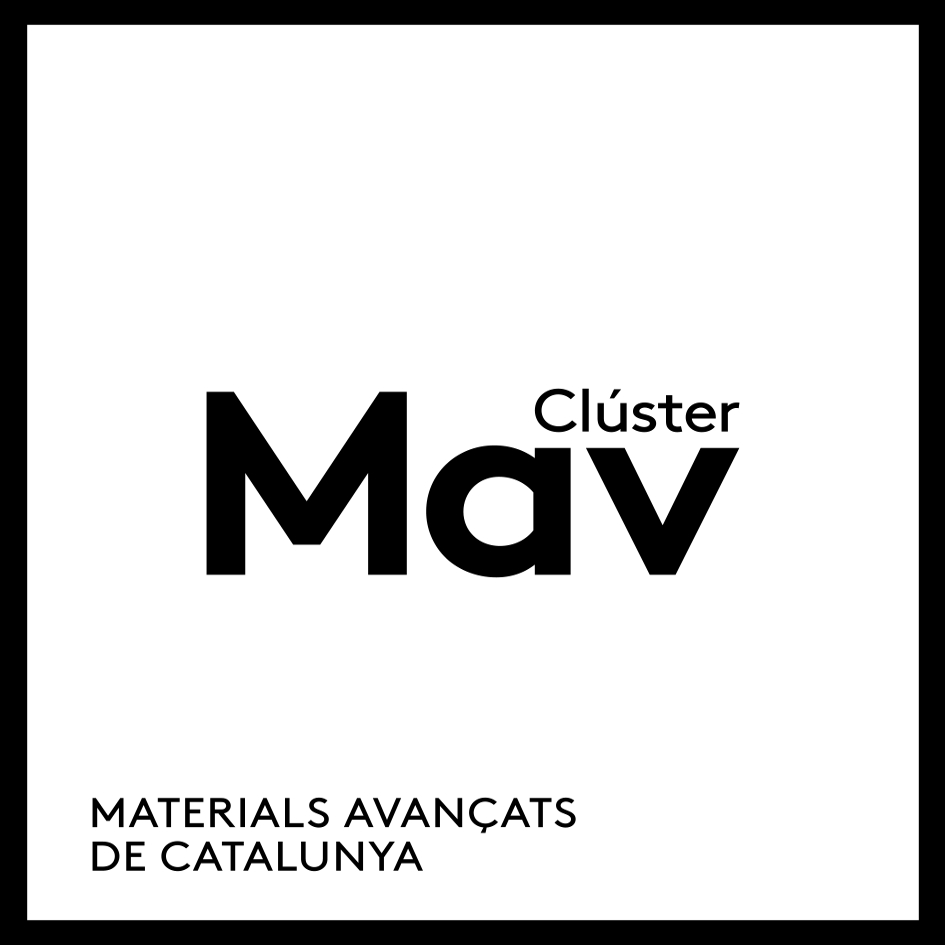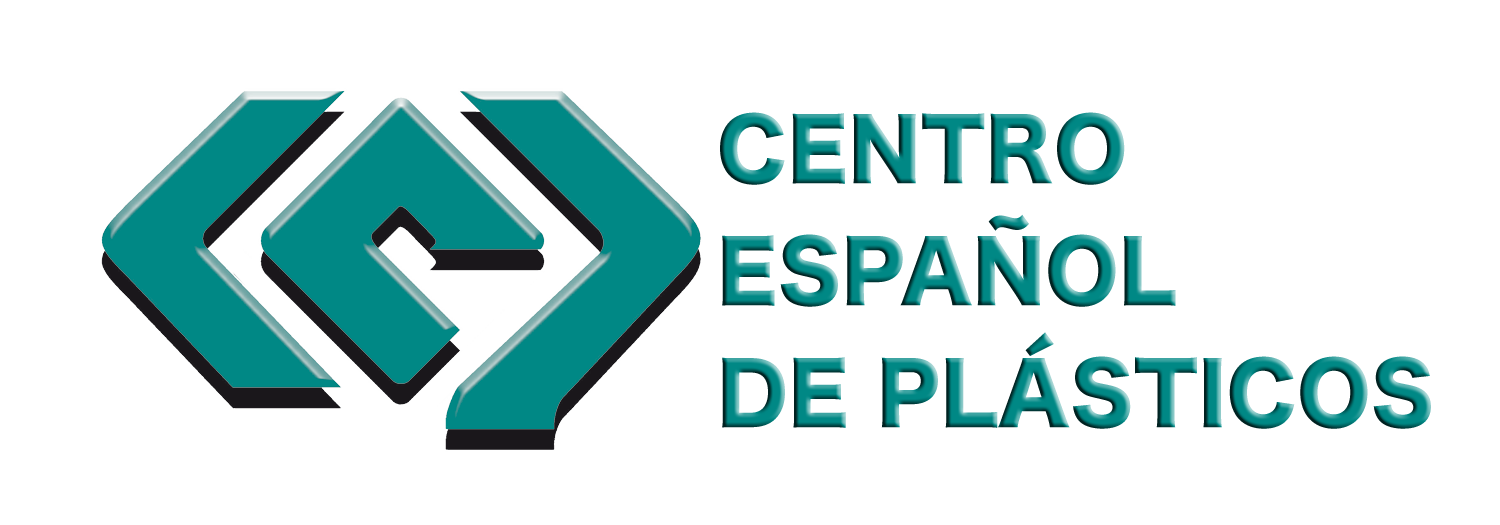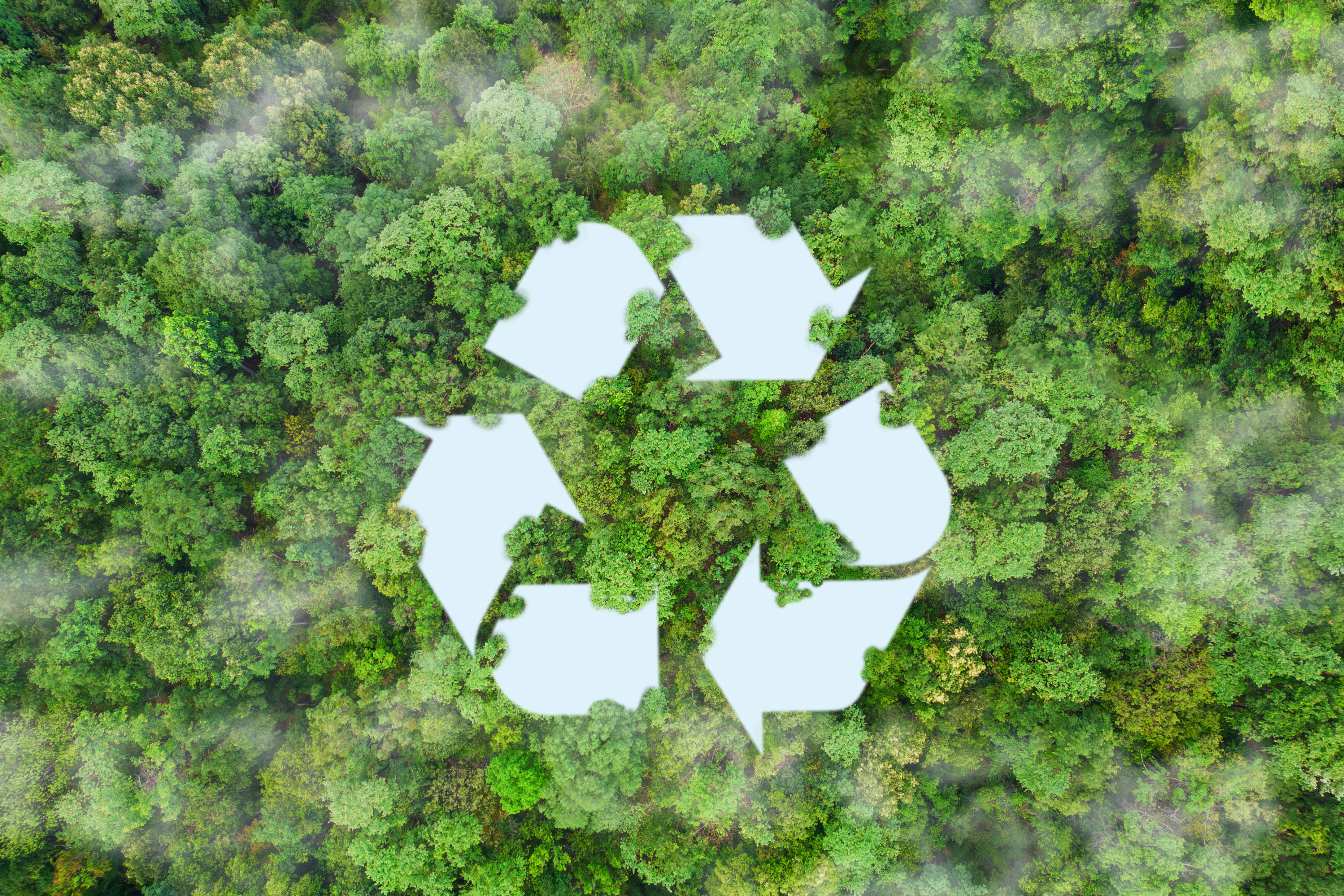On 18 September, IQS hosted the Plastics Additivation: Sustainability and Recycling Workshop, an event co-organised by the Spanish Plastics Centre (CEP), IQS Tech Transfer, and the Advanced Materials Cluster of Catalonia (MAV), which brought together more than 70 professionals, researchers, and students interested in learning about the latest trends in plastics additivation. The objective of the event was to open a discussion on the main challenges, innovations, and solutions in order to move towards a circular economy in the plastics sector.
The event was opened by Dr Núria Vallmitjana, director of IQS Tech Transfer, who welcomed and thanked the attendees for their presence at IQS, “a school that continues to be recognized as a meeting point between industry and higher education, forming an ecosystem of innovation and knowledge transfer.”
María Vidal, responsible for the Circular Economy Department at the Waste Agency of Catalonia, began the event with her lecture on the current state and future prospects, where she warned of the recent wave of plastic recycling plant closures in Europe, caused, among other reasons, by regulatory pressure, putting at risk the recycling capacity and the environmental advances achieved in the past decade. To reverse this trend and guarantee the competitiveness and sustainability of the sector, María Vidal indicated that “a paradigm shift is essential that resolutely supports the circular economy, with policies that encourage the use of recycled materials in which ‘waste’ becomes a resource and an opportunity.”
Carme Balcells, Head of Innovation and Technical Advisory at the CEP, guided the participants through two different thematic blocks, each focusing on a key aspect of sustainability and innovation in plastics additivation.
The first block was initiated by Delta Tecnic, led by Manuel Miret and Ramón Porcar, who highlighted the importance of additives to improve the quality and circularity of recycled plastic, especially PVC and polyolefins, always with the aim of promoting more efficient, competitive, and sustainable plastic recycling.
Next, Dr Núria Agulló, a researcher with the Materials Engineering Group (GEMAT) and head of the Materials Science Laboratory at IQS, presented the satisfactory results achieved in the Master Thesis project jointly supervised with the company OPMobility on the evaluation of recycled polypropylene/ethylene copolymer for automotive parts.
To finish the first block, Arnau Martori, Innovative & Sustainability Product Engineer at Prewaste, presented the WALUE project, a circular economy initiative that transforms difficult-to-recycle plastic waste into value-added products (such as furniture), promotes a triple impact model (economic, environmental, and social), and demonstrates that “waste can become a valuable resource for society.”
The second block of the day began with the participation of Jordi Arbusà representing Gloo, a startup from the GEMAT group at IQS, who presented the RECYVAL project that is being carried out within the framework of a public-private collaboration between the company and the GEMAT group. The objective of the project is to develop a method to separate and reuse composite components, especially those that combine a polymer matrix with fibres. RECYVAL is funded under the ACCIÓ Grant programme for research and business development projects.
The second part of the block was led by Miriam Vayà, head of plastics at the company Comindex, who presented different additives for recycling and highlighted the added value of additives in recycled polyolefins, showing how these products can improve the properties and competitiveness of recycled materials.
The workshop included a roundtable session moderated by Pablo Tamarit, general director of CITSALP and an alumnus of the IQS School of Management, in which the challenges and opportunities of plastic additivation were discussed. Among the most outstanding contributions, the need to reverse the negative perception of plastic and re-educate society on the use of recycled plastic was shown; the importance of bringing companies closer to higher education to promote innovation and knowledge transfer was underscored; and the clusters spoke in favour of supporting industrial doctorate programmes to bring research closer to the real needs of the sector.
The event was brought to a close by Ona Bombí, Cluster Manager of the MAV, who thanked the participation from attendees, speakers, and collaborating companies and reaffirmed the “commitment to innovation for a more sustainable future.”










